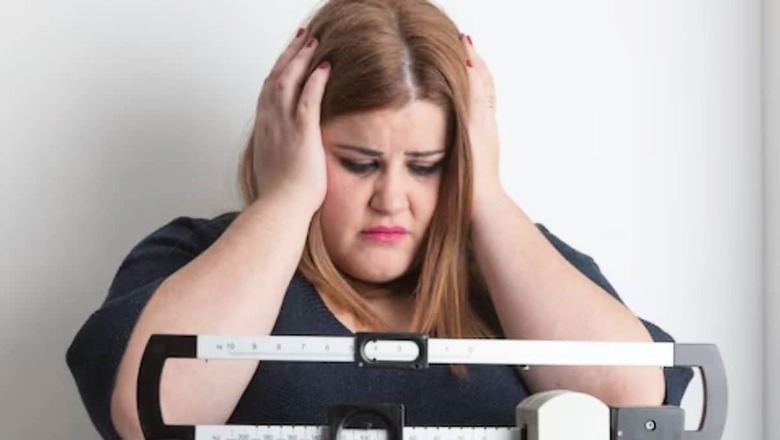
views
Regularly working out and consumption of nutritious food is the key to a healthy lifestyle. People who wish to lose weight are also advised to follow a similar exercise and dietary routine. Sometimes, despite best efforts, eating healthy, and hitting the gym every day, many find it hard to shed weight. The real reason behind it is stress. In our day-to-day lives, we often come across challenging situations both in our personal and professional lives. In most cases, these difficult circumstances evoke stress hormones that can cause diseases like unintended weight gain, heart problems, diabetes, stroke and insomnia.
Stress can cause chronic health scares. They increase the blood flow to the muscles and vital organs and also raise the heart rate. As a result, these hormones evoke feelings of anxiety, fear, and depression, leading to mood swings, digestive issues, menstrual cramps, and other serious ailments that require lifelong medical attention.
Here’s How Stress Affects Weight
People suffering from chronic stress are more likely to develop diabetes, obesity, and Alzheimer’s disease. The release of stress hormones or cortical surges glucose levels in the body which over time contributes to gaining pounds. They can also cause insomnia.
Stress Caused By Lifestyle Habits
Excessive smoking, alcohol intake and a poor diet in addition to stress can lead to heart attacks, type 2 diabetes, hypertension, high cholesterol, and lung diseases like wheezing and shortness of breath.
Effects On the Musculoskeletal System
Neck and shoulder pain are the results of too much stress. Excess cortisol production decreases muscle strength over time, leading to excessive swelling and pain.
Impact On Mental Health
Stress affects mental well-being too. Chronic stress paves the way for anxiety, panic attacks, depression, and in some cases post-traumatic stress disorder (PTSD).
How to overcome stress
— Indulge in 20-minute brisk walking and spend time amid nature.
— Get at least 8 hours of sleep.
— Stay away from active and passive smoking and alcohol consumption
— Consume foods that are rich in protein and fibre.
— Engage in relaxation therapies like slow breathing techniques, yoga, and meditation
— Keep a journal where you jot down things that will help you de-stress.



















Comments
0 comment